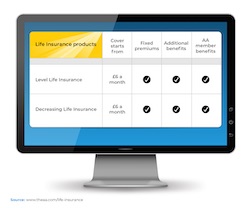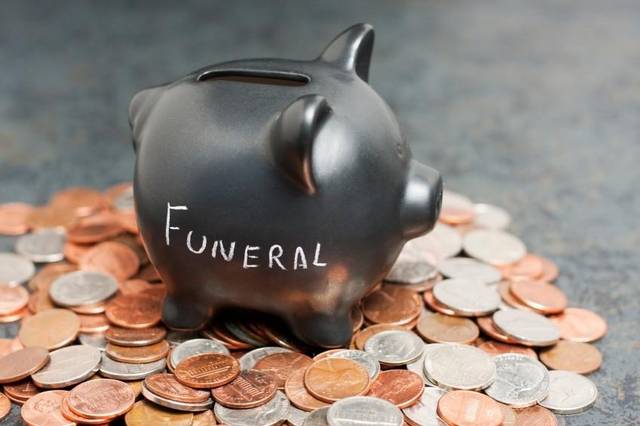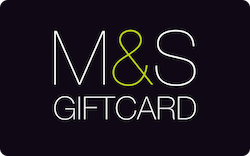What to do when someone dies
The loss of someone close to you is a hugely emotional time for everyone and if the tasks of sorting out the deceased’s affairs and funeral fall to you there are some very practical steps that you will need to take.
The first thing to realise is that you are not alone. There is lots of advice available to those who have been recently bereaved that will help you understand what you need to do and how to go about it. This article is intended to give you an outline of the tasks that lay ahead and point you towards further resources if you need them.
There are three main sets of tasks which need to happen at different speeds.
Immediate tasks upon the death of a loved one
Notify your loved one’s GP or the hospitaland take their advice on any immediate next steps. If the death has occurred at home they will arrange for a doctor to attend and confirm the death.
Get a medical certificate
A medical certificate shows the cause of death and is needed in order for you to register the death and obtain a death certificate. The medical certificate can be obtained from different sources depending on where the death took place.
Speak to your loved one’s GP surgery first and they will be able to advise whether they will provide the certificate or whether the hospital or emergency services will need to provide it. If the death occurs overseas then the procedures relevant to the country of death will apply.
It is possible to register a death overseas with the British Authorities in that country – speak to the British Consulate, doing this ensures that a record of death is automatically made in the UK too.
GOV.UK provide advice tailored to the individual circumstances after answering just a few simple questions. We recommend that you use this tool to check the latest government advice particularly if the death occurs abroad.
Register the death
You should register the death at the Registration Office nearest to where your love one lived. You can find out the details of the local Registration office here just enter the post code of your loved ones home. You will need to make an appointment at the Registration Office so we suggest that you call them as soon as you can to book this appointment.
The appointment is quite formal and will take around 30 minutes. You will need to take along the medical certificate in order to register the death you will also need the following details:
- The full name and surname of your loved one including their maiden and any other names they may have previously been known by
- Their occupation
- Their address
- Their date and place of death
- Their date and place of birth
Other documents it might be useful for you to take with you to the Registration Office but don’t worry if you don’t have them :
- Your loved one’s Birth Certificate
- Their Council Tax bill
- Their Driving Licence
- Their Marriage or civil partnership certificate
- Their NHS medical card
- Their Passport
- Their Proof of address (eg utility bill)
At the completion of the appointment the Registrar will provide you with a Death Certificate and a useful pack of forms and other information that you should keep, study and act upon. The Registrar will ask if you wish to have certified copies of the Death Certificate during your appointment.
We advise that you get several copies as these will be required when you begin to organise your loved ones estate and financial affairs.
Make the funeral arrangements
You don’t have to wait until you have registered the death in order to start to make funeral arrangements. The funeral director is an invaluable source of advice, information and support to the newly bereaved.
Before appointing a funeral director we suggest that you check whether your loved one had already made their funeral arrangements. These may take the form of a Prepaid Funeral Plan, Funeral Insurance Policies, Over 50s Insurance policies or simply their written wishes.
If they have taken one of these policies then they might have already decided who they wanted to be their funeral director, whether they wanted to be cremated or buried, what kind of funeral service they wanted and where etc – so finding out whether there is one of these plans in place can be hugely helpful to you and take some of the burden of decision making from you at what will already be a very emotional time.
If your loved one hadn’t already made their funeral arrangements then you can use the links below to find a suitable local funeral director who will be able to walk you through the decisions that you need to make and the likely cost of those arrangements. The funeral director will need the Death Certificate in order to make the arrangements for the funeral.
National Association of Funeral Directors
If your loved one has not already made their funeral arrangements then paying for their funeral can be a real worry for those they leave behind. It is always worth contacting your loved ones bank as they may be willing to use funds left in your loved one’s account to pay the funeral director – they will need to see various documentation so it is worth ringing them and making an appointment to see someone in your local branch.
Dealing with financial affairs
Depending on the extent and level of organisation of the deceased’s estate and their whether they have left a Will this can be a simple affair or can at the extreme be complex and take a long time to sort things out.
The first step is to notify the various authorities of the death. There is a very useful service that now lets you do this called Tell Us Once. The Registrar will have included a leaflet on this service in the pack of information they provided when you registered the death including a Service Reference Number. In order to use this service you will need the following information to access the service:
- Service reference number provided by the Registrar when the death was registered
- Surname and date of birth of the deceased
Other documents it will be useful for you to have access to when you use the service are:
- Your loved ones National Insurance Number
- Their passport if they had one
- Their Driving Licence if they had one
- Their Blue Badge if they had one
- Their Bus Pass if they had one
We have dedicated a whole separate article to the next steps in dealing your loved one’s financial affairs, you can read it here in our blog.






